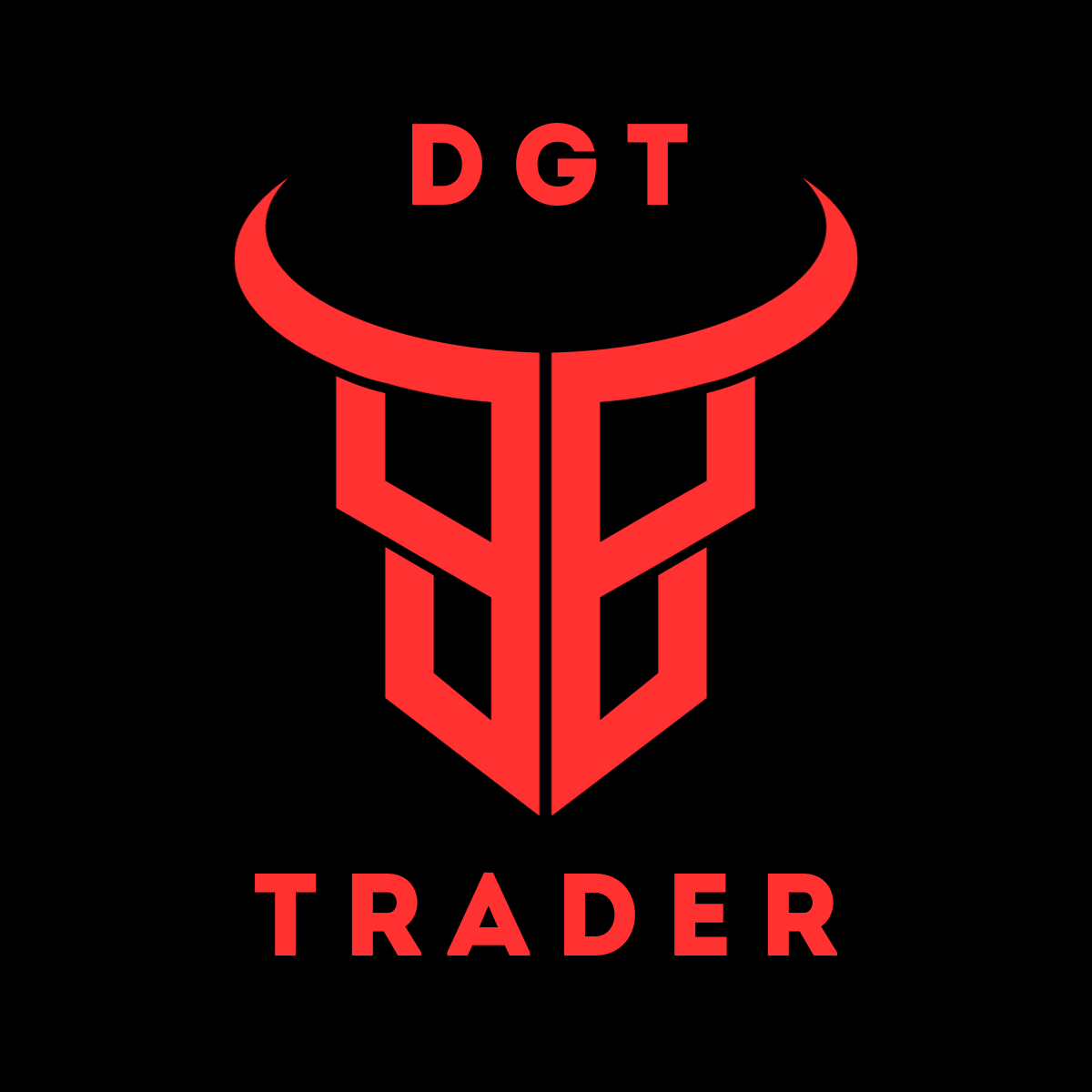
What Is Futures Trading?
Futures trading is a complex yet intriguing financial practice that involves the buying and selling of contracts for the future delivery of various financial assets. This speculative trading allows investors to capitalize on price fluctuations within predetermined timeframes, often leading to significant profits or losses. By understanding the fundamentals of futures trading, from margin requirements to contract specifications, individuals can actively participate in this dynamic market and potentially generate substantial returns on investment.
What Is Futures Trading?
Futures trading refers to a type of financial investment where individuals or institutional investors enter into contracts to buy or sell specific assets, such as commodities, currencies, stocks, or indices, at a predetermined price and date in the future. These contracts, known as futures contracts, are standardized agreements that facilitate the buying and selling of these assets on a regulated futures exchange.
History of Futures Trading
Futures trading has a long and storied history, dating back to ancient civilizations. The origins of futures trading can be traced back to Mesopotamia, where clay tablets were used to record contracts for future delivery of crops. Over time, futures trading evolved and became more sophisticated, especially during the Renaissance in Europe when organized exchanges started emerging.
In the 19th century, the development of modern transportation and communication systems, such as the railroad and telegraph, revolutionized futures trading. This allowed traders to accurately track prices and make transactions across long distances, leading to the establishment of formal futures exchanges in the United States and Europe.
How Futures Trading Works
Futures trading operates on the principle of speculation and hedging. Speculators aim to profit from price fluctuations in the underlying assets by taking long or short positions. On the other hand, hedgers, such as producers and consumers of commodities, use futures contracts to mitigate the risk of price volatility by locking in future prices for their products or purchases.
To participate in futures trading, you need to open an account with a licensed futures broker or brokerage firm. These brokers act as intermediaries, executing your trades on the futures exchange. Once your account is set up, you can access a wide range of futures contracts available for trading and place orders based on your investment strategy and objectives.
Types of Futures Contracts
There are various types of futures contracts available for trading, covering different underlying assets. Some of the most common types include:
-
Commodity Futures: These contracts involve the buying or selling of physical commodities, such as crude oil, gold, wheat, or coffee. Commodity futures allow participants to gain exposure to price movements in these essential raw materials.
-
Currency Futures: Currency futures involve the buying or selling of one currency in exchange for another currency at a specified future date. These contracts, traded on currency exchanges, are commonly used by businesses and investors to hedge against fluctuations in foreign exchange rates.
-
Stock Index Futures: Stock index futures allow traders to speculate on the future value of a specific stock market index, such as the S&P 500 or the Dow Jones Industrial Average. These contracts provide a way to gain broad exposure to the overall performance of a particular stock market.
-
Interest Rate Futures: Interest rate futures involve the buying or selling of contracts based on the future value of interest rates. These contracts are commonly used by institutional investors and banks to manage interest rate risk and speculate on changes in interest rates.
Benefits of Futures Trading
Futures trading offers several benefits for investors and traders:
-
Leverage: Futures contracts require only a fraction of the total contract value as an initial margin. This allows traders to control a larger position with a smaller amount of capital, potentially amplifying their profits.
-
Diversification: With futures contracts available for various asset classes, traders can diversify their portfolios and spread their risk across different markets. This can help mitigate the impact of adverse price movements in a single asset or market.
-
Liquidity: Futures markets are highly liquid, meaning there are usually enough buyers and sellers to facilitate trading at any given time. This ensures that traders can enter and exit positions smoothly without significant price slippage.
-
Price Transparency: Futures exchanges provide real-time price quotes, order book visibility, and historical data, allowing traders to make informed decisions based on market trends and price movements.
Risks of Futures Trading
While futures trading offers the potential for significant profits, it also carries certain risks that traders should be aware of:
-
Leverage Risk: The use of leverage in futures trading can amplify both gains and losses. While leverage can magnify profits, it can also lead to substantial losses if the market moves against the trader’s position.
-
Market Risk: Futures markets are influenced by a variety of factors, including economic conditions, geopolitical events, and supply and demand dynamics. These factors can lead to significant price fluctuations, affecting the value of futures contracts.
-
Counterparty Risk: Futures contracts are legal agreements between two parties. While regulated exchanges minimize this risk, it is still essential to consider the creditworthiness and financial stability of the counterparty when entering into a futures contract.
-
Margin Call Risk: If the value of a trader’s positions falls below the required maintenance margin, they may receive a margin call and be required to deposit additional funds to meet the margin requirements. Failure to meet a margin call can result in the liquidation of positions at a loss.
Conclusion
Futures trading provides a platform for investors and traders to speculate on the price movements of various assets and manage risk. Understanding the mechanics, benefits, and risks associated with futures trading is crucial for anyone considering participation in the futures markets. With proper knowledge, research, and risk management strategies, futures trading can be a valuable tool for diversifying portfolios and potentially generating profits in both rising and falling markets.